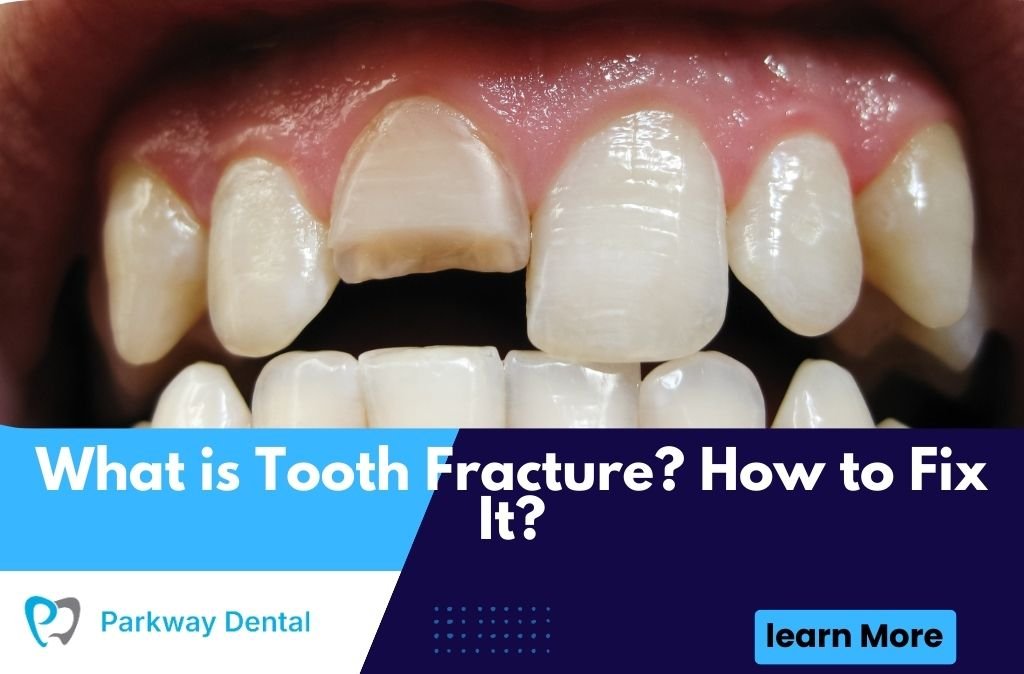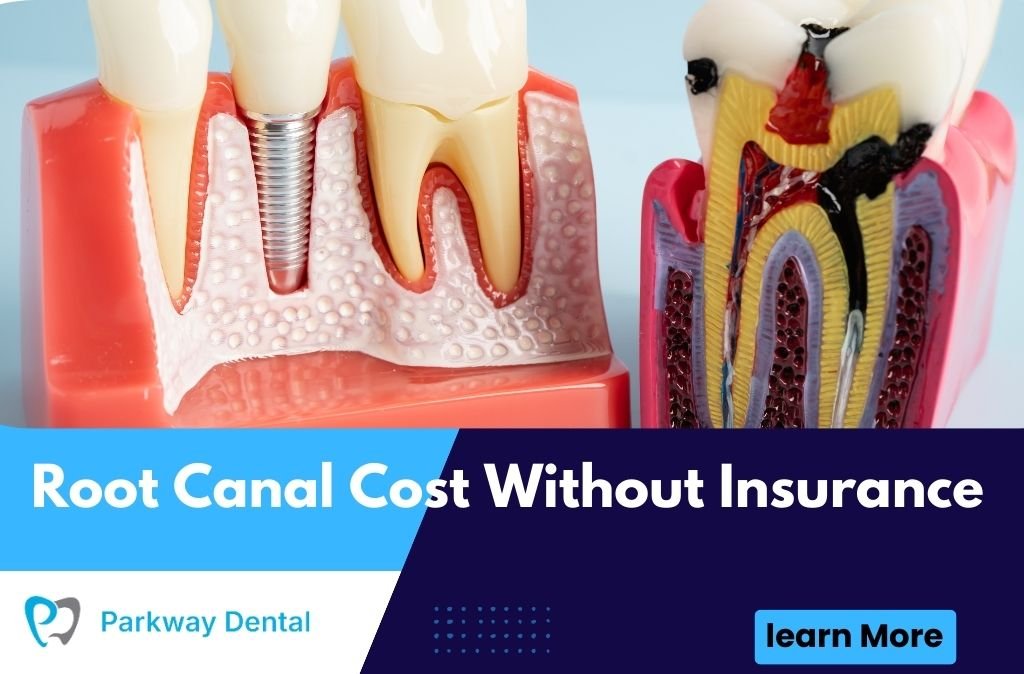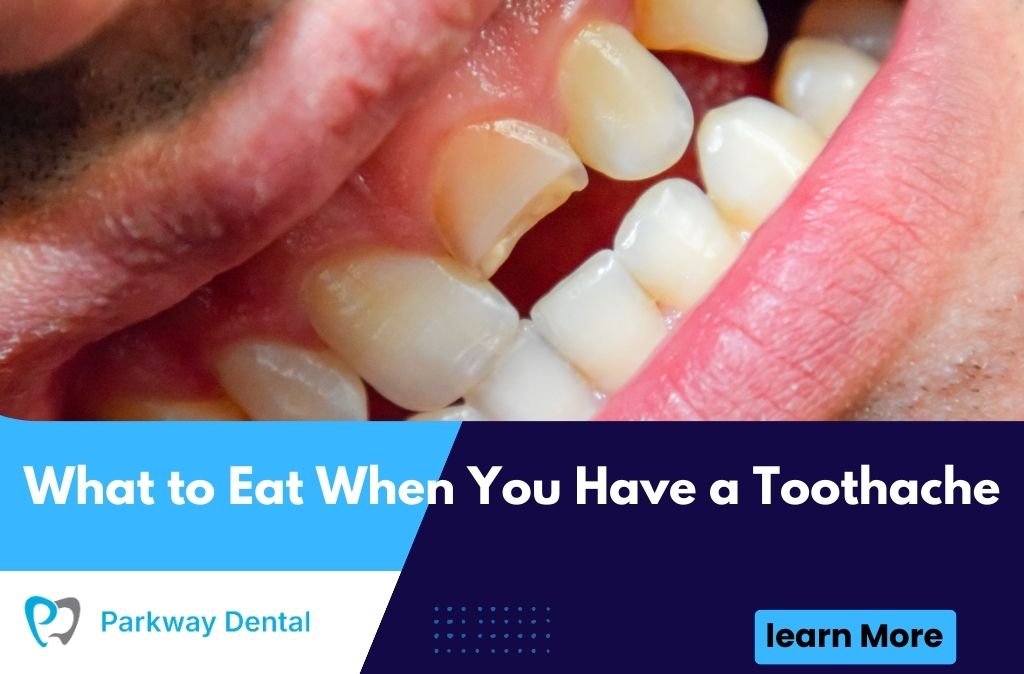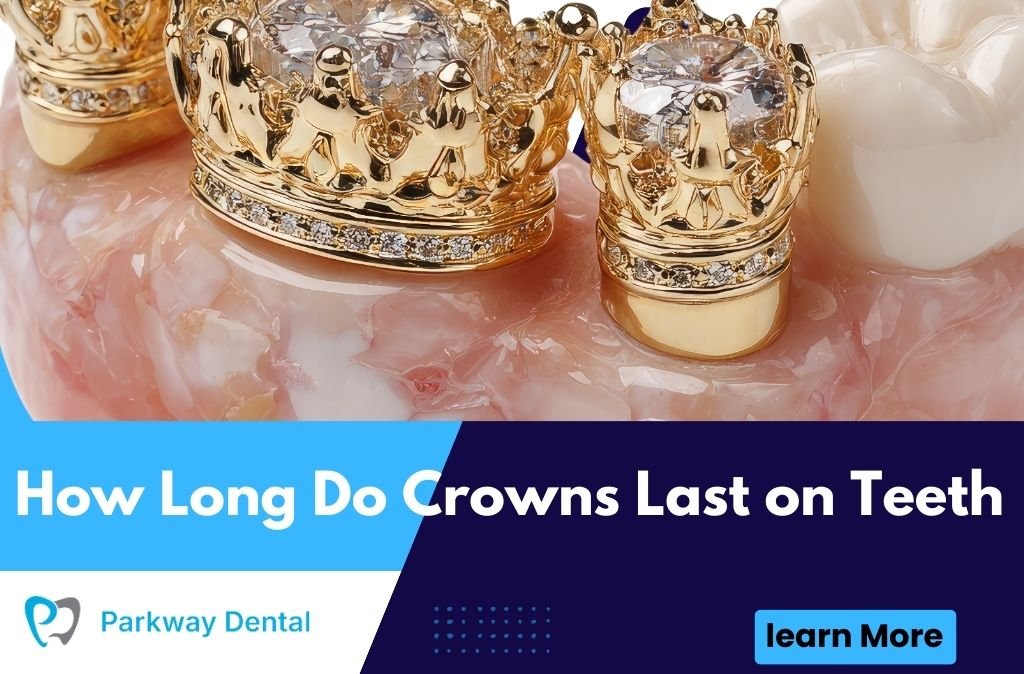Your teeth are among the hardest substances in your body, but they are not indestructible. Daily wear, trauma, or underlying dental issues can sometimes lead to a tooth fracture. If left untreated, a fractured tooth can cause pain, infection, or even tooth loss.
For residents of West Roxbury, MA, understanding tooth fractures—their causes, symptoms, and treatments—is essential to maintaining oral health. In this article, we’ll explain what a tooth fracture is, the different types, and how dentists can fix them effectively.
What is a Tooth Fracture?
A tooth fracture occurs when a tooth cracks, breaks, or splits due to physical trauma, biting on something hard, or weakening from decay. While some fractures are minor and painless, others can extend deep into the tooth, affecting nerves and roots.
Tooth fractures can range from tiny enamel cracks to serious breaks that require advanced dental treatments.
Common Causes of Tooth Fractures
Several factors can lead to a cracked or broken tooth.
Physical Trauma or Injury
Accidents, sports injuries, or falls can cause a tooth fracture, especially in the front teeth.
Biting Hard Foods
Chewing on ice, hard candies, or nuts increases the risk of a tooth break.
Teeth Grinding (Bruxism)
Constant grinding wears down enamel, making teeth more prone to cracks.
Large Fillings or Root Canal Treatment
Teeth that have undergone extensive dental work may become more fragile.
Sudden Temperature Changes
Eating something extremely hot followed by something cold can cause enamel to crack.
Aging
As people age, enamel weakens, making tooth fractures more common among older adults.
Types of Tooth Fractures
Not all fractures are the same, and treatment depends on the type of break.
Craze Lines
Tiny cracks in the enamel that are painless and often only cosmetic.
Fractured Cusp
A piece of the tooth’s chewing surface breaks off, often near a filling.
Cracked Tooth
A crack that extends from the chewing surface toward the root but doesn’t split the tooth into separate pieces.
Split Tooth
When a crack progresses enough to split the tooth into distinct segments.
Vertical Root Fracture
A serious crack that begins in the root and extends upward, often causing pain and infection.
Symptoms of a Tooth Fracture
A fractured tooth may not always be visible, but there are key warning signs:
- Sharp pain when chewing or biting.
- Sensitivity to hot or cold foods.
- Swelling of gums around the tooth.
- Tooth pain that comes and goes.
- Visible crack or break in the tooth.
If you’re in West Roxbury, MA and notice these symptoms, schedule a dental appointment immediately.
How Dentists Diagnose a Tooth Fracture
Dentists use several methods to detect fractures:
- Visual examination under strong lighting.
- Dental X-rays to check roots and bone structure.
- Bite tests to identify pain when chewing.
- Special staining techniques to highlight cracks.
How to Fix a Tooth Fracture
The treatment for a fractured tooth depends on the severity of the crack.
Dental Bonding
For minor chips or cracks, dental bonding uses tooth-colored resin to restore shape and function.
Dental Veneers
For front teeth with cosmetic cracks, veneers cover imperfections and improve aesthetics.
Dental Crowns
When a tooth has a significant fracture, a dental crown covers and protects it, restoring strength.
Root Canal Therapy
If a fracture reaches the pulp, a root canal removes infection and preserves the tooth before placing a crown.
Dental Implants
For severe fractures where the tooth cannot be saved, tooth extraction followed by an implant may be required.
Emergency Care for a Fractured Tooth
If you fracture a tooth unexpectedly:
- Rinse your mouth with warm water.
- Apply a cold compress to reduce swelling.
- Save any broken pieces if possible.
- Avoid chewing on the injured tooth.
- Visit a dentist as soon as possible.
Preventing Tooth Fractures
While not all fractures are avoidable, you can reduce risk by:
- Avoiding chewing on hard foods like ice and popcorn kernels.
- Wearing a mouthguard during sports.
- Treating teeth grinding with a night guard.
- Keeping up with regular dental visits.
- Maintaining strong teeth through a healthy diet and fluoride treatments.
Why West Roxbury, MA Residents Should Act Quickly
Delaying treatment for a tooth fracture can lead to worsening pain, infection, and eventual tooth loss. Local residents benefit from experienced dentists who provide advanced restorative and cosmetic dentistry to repair fractured teeth effectively.
Conclusion
A tooth fracture can be painful and alarming, but with modern dental treatments, it can almost always be fixed. From bonding and crowns to implants, there are effective solutions to restore both function and beauty. For the best results, consult an experienced Dentist in West Roxbury, MA who can provide personalized care tailored to your needs.
FAQs
What should I do immediately after a tooth fracture?
Rinse with warm water, apply a cold compress, and see a dentist as soon as possible.
Can a small tooth fracture heal on its own?
No, teeth cannot heal themselves. Even small cracks need professional evaluation.
Is a cracked tooth always painful?
Not always. Some fractures cause no pain but still need treatment to prevent further damage.
How long does it take to fix a fractured tooth?
Minor bonding may take one visit, while crowns or implants may require multiple appointments.
What happens if I don’t fix a fractured tooth?
The fracture can worsen, leading to infection, severe pain, or tooth loss.
Can children get tooth fractures?
Yes, kids often experience fractures from sports or falls. Pediatric dentists can treat them appropriately.
Are dental veneers a permanent solution for tooth fractures?
Veneers are durable but may need replacement after 10–15 years.
How much does it cost to fix a tooth fracture in West Roxbury, MA?
Costs vary depending on treatment—bonding is affordable, while crowns and implants are more costly.
Can tooth fractures cause infections?
Yes, untreated fractures can expose the pulp, leading to infection and abscess.
How can I prevent tooth fractures in the future?
Avoid hard foods, wear mouthguards, manage grinding, and maintain strong teeth with regular dental checkups.






